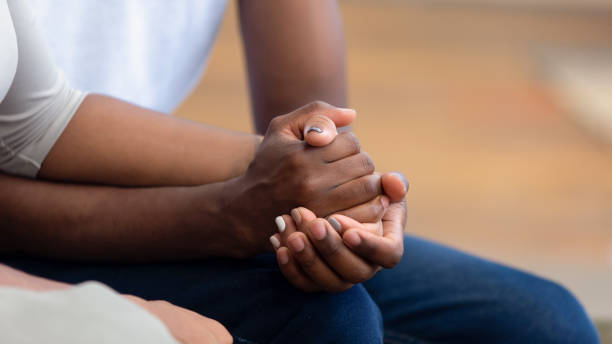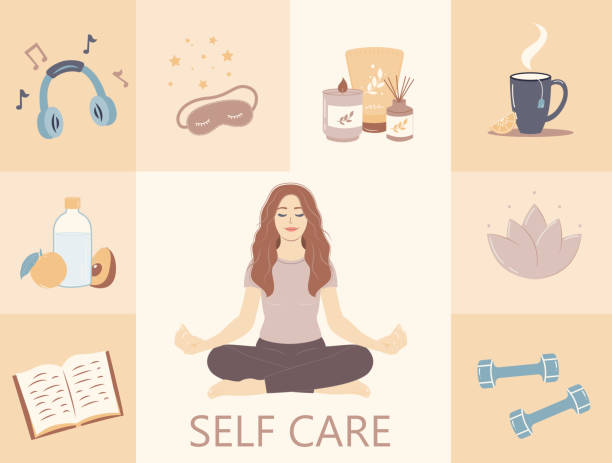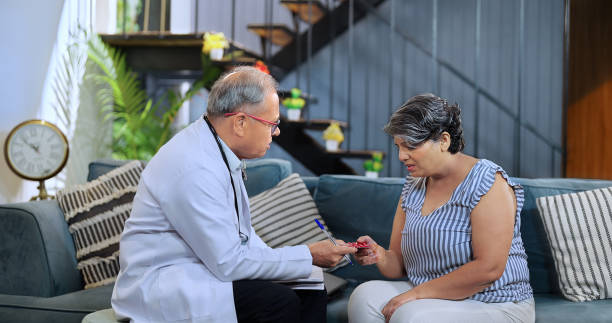Every relationship faces challenges—whether it’s due to communication issues, unresolved conflict, or life transitions. While it’s natural to experience ups and downs, persistent problems can take a toll on emotional well-being and connection. That’s where relationship therapy (also known as couples counseling) can make a powerful difference.
Relationship therapy offers a safe, structured space for partners to explore their concerns, improve communication, and strengthen their bond. Here are the key benefits of investing in this form of professional support:
Contents
1. Improved Communication
Poor communication is one of the most common reasons couples seek therapy. A therapist helps each partner express thoughts and emotions more clearly and listen more effectively.
- Result: Reduced misunderstandings, more meaningful conversations, and fewer reactive arguments.
2. Conflict Resolution Skills
Arguments are inevitable—but how couples handle them matters most. Therapy provides tools for resolving conflicts constructively without blame or escalation.
- Benefits: Less resentment, healthier disagreements, and better emotional regulation during tension.
3. Rebuilding Trust
Whether it’s been damaged by infidelity, dishonesty, or other breaches, trust can be rebuilt with guided support.
- How therapy helps: Facilitates honest dialogue, sets boundaries, and gradually restores emotional security.
4. Deepened Emotional Connection
Over time, routines, stress, or lack of intimacy can cause emotional distance. Therapy helps partners reconnect on a deeper level.
- Focus areas: Understanding love languages, increasing affection, practicing empathy, and fostering vulnerability.
5. Support During Life Transitions
Major changes—like becoming parents, moving, job loss, or illness—can strain a relationship. Therapy helps couples navigate transitions together with shared understanding and support.
- Outcome: Greater unity and resilience through life’s challenges.
6. Better Intimacy and Physical Connection
Therapists often help couples identify emotional blocks that may affect their physical relationship, and offer strategies to rekindle intimacy.
- Result: Healthier, more satisfying romantic and physical connections.
7. Understanding Relationship Patterns
Therapy can uncover recurring patterns or behaviors rooted in childhood, past relationships, or family dynamics.
- Awareness leads to: Healthier choices, personal growth, and more conscious responses instead of reactive habits.
8. Prevention of Future Problems
Relationship therapy isn’t just for couples in crisis—it’s also highly effective as a preventative tool for strengthening a partnership before problems arise.
- Popular use: Premarital counseling, check-ins during major life stages, or proactive relationship education.
Final Thoughts
No relationship is perfect—but with the right tools, commitment, and support, most can grow stronger. Relationship therapy helps couples reconnect, heal, and thrive, creating a healthier foundation for long-term happiness.
Whether you’re navigating a rough patch or simply want to deepen your connection, seeking professional guidance is a smart, empowering step toward a better relationship.




